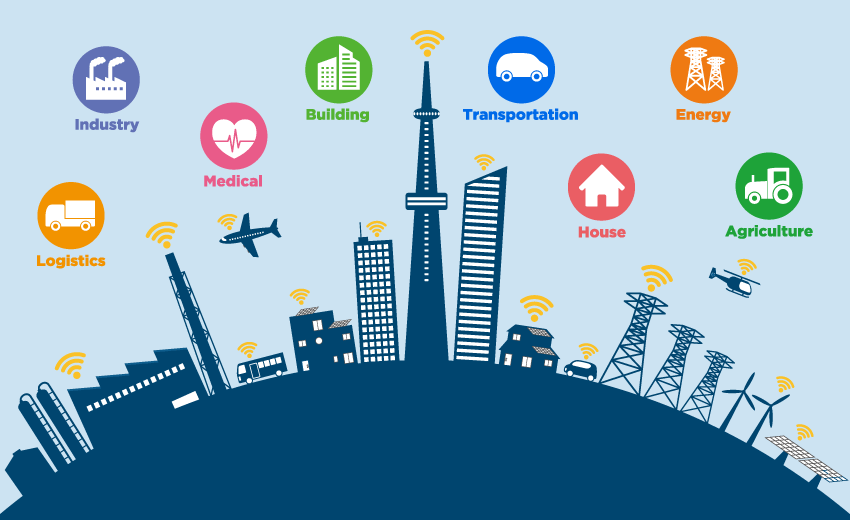Public-private partnerships (PPPs) are redefining smart city innovations and development by fostering collaboration between governments and private enterprises. These partnerships are critical for driving smart city innovations, especially in rapidly developing regions like Saudi Arabia.
What Are Public-Private Partnerships? <h2>
Understanding the Framework <h3>
Public-private partnerships are cooperative agreements where public institutions and private companies work together to execute large-scale projects. These arrangements often combine the resources, expertise, and funding of both sectors to tackle challenges such as smart city innovations, sustainability, and resource optimization.
Why PPPs Are Essential for Smart Cities <h3>
Smart city innovations rely on advanced technologies, infrastructure, and systems integration to improve urban living. By leveraging PPPs, governments gain access to private sector expertise, while companies can scale innovations faster. This synergy accelerates the realization of intelligent urban solutions.
The Role of Technology in Smart City Innovations <h2>
Internet of Things (IoT) and Connectivity <h3>
IoT plays a central role in enabling smart city innovations. Sensors and connected devices monitor everything from traffic patterns to energy consumption, generating actionable data. Partnerships help fund and implement these systems effectively.
Artificial Intelligence (AI) and Data Analytics <h3>
AI is revolutionizing urban planning through predictive analytics, real-time monitoring, and resource optimization. In Saudi Arabia, public-private collaborations are utilizing AI to create sustainable solutions for urban challenges like water scarcity and transportation efficiency.
Case Studies of Successful PPPs in Smart Cities <h2>
Smart Mobility in Riyadh <h3>
One example of successful PPPs in Saudi Arabia is the smart mobility initiatives in Riyadh. Collaborative projects between the government and technology companies have introduced intelligent traffic management systems, reducing congestion and improving air quality.
Energy Efficiency Projects <h3>
In cities like NEOM, PPPs are driving energy innovation by implementing renewable solutions such as solar farms and green hydrogen production. These initiatives align with Saudi Arabia’s Vision 2030 sustainability goals.
The Benefits of Public-Private Partnerships in Smart City Innovations <h2>
Accelerated Project Timelines <h3>
PPPs combine public funding with private efficiency, resulting in quicker project execution. This is essential in dynamic sectors like smart cities, where technological advancements evolve rapidly.
Enhanced Innovation and Expertise <h3>
Private companies bring cutting-edge technology and expertise, while governments offer regulatory frameworks and market access. This symbiosis fosters groundbreaking solutions.
Challenges and Solutions in PPP Implementation <h2>
Financial Risks and Mitigation <h3>
One challenge is balancing the financial risks between partners. Clear contracts and transparent governance structures can minimize conflicts and ensure equitable risk-sharing.
Regulatory Hurdles <h3>
Navigating regulatory frameworks is complex but critical. Involving legal experts and establishing consistent communication between public and private stakeholders ensures smoother project execution.
Mingothings Arabia’s Role in Smart City Innovations <h2>
Mingothings Arabia exemplifies how companies can contribute to smart city innovations. As a leader in engineering development and integration, it partners with local governments and global enterprises to implement cutting-edge solutions in Saudi Arabia. By focusing on IoT, AI, and sustainable infrastructure, Mingothings Arabia is helping shape the future of urban living.
Conclusion <h2>
Public-private partnerships are the backbone of smart city development, offering a pathway to scalable and sustainable urban solutions. As cities grow, these collaborations will be crucial in delivering the technologies and infrastructure needed for smarter, greener living. Through initiatives like those spearheaded by Mingothings Arabia, Saudi Arabia is setting an example of how PPPs can unlock the full potential of smart city innovations.



